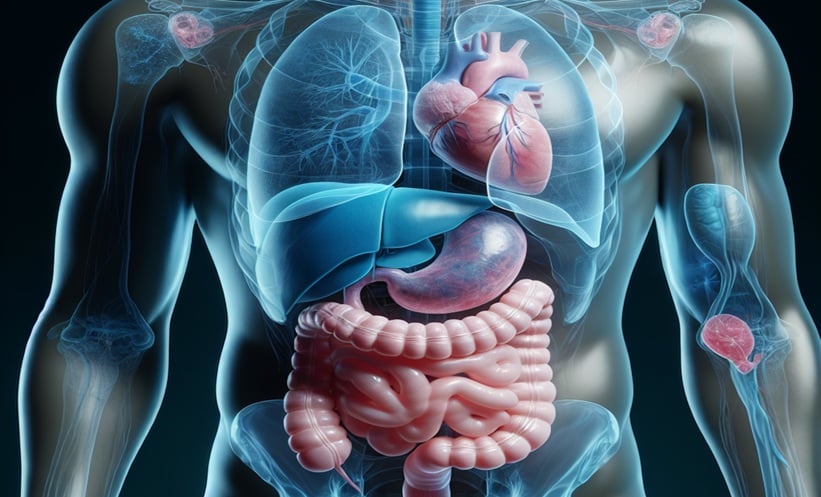A NEW multicentre retrospective study from Japan has identified serum tyrosine levels as an independent risk factor for hepatocellular carcinoma (HCC) development and mortality in patients with chronic liver disease (CLD). The findings provide important insights for clinicians monitoring high-risk populations.
Elevated Tyrosine Levels Associated with Hepatocellular Carcinoma Development
The study analysed 563 patients with CLD from two Japanese institutions, with a median age of 67 years and a nearly balanced sex distribution (51% male). Patients were followed for a median of 3.5 years. During this period, 14% (n=80) developed HCC, while 23% (n=130) died. Researchers assessed amino acid imbalance using measurements of branched-chain amino acids (BCAAs) and tyrosine levels to evaluate their predictive value for HCC and overall mortality.
Using Fine–Gray competing risk regression, which accounted for mortality as a competing event, the investigators found that elevated serum tyrosine levels were independently associated with HCC development (sub-distribution hazard ratio [HR], 1.01; 95% CI, 1.00–1.02). Importantly, BCAA levels did not show a statistically significant independent association with HCC in the adjusted models.
Furthermore, Cox proportional hazards regression revealed that both serum tyrosine levels (HR, 1.01; 95% CI, 1.01–1.02) and the occurrence of HCC itself (HR, 2.91; 95% CI, 1.75–4.81) were independent predictors of mortality among these patients. These findings suggest that tyrosine may serve as a clinically relevant biomarker for risk stratification in CLD, potentially guiding surveillance strategies and therapeutic interventions.
Amino Acid Profiling for Chronic Liver Disease
The study highlights the importance of incorporating amino acid profiling into routine evaluation of patients with CLD, particularly for identifying those at elevated risk of HCC and death. Monitoring serum tyrosine could enable earlier intervention, tailored surveillance, and potentially improved patient outcomes.
The investigators call for further prospective studies to validate these findings and to explore whether targeted interventions aimed at correcting amino acid imbalances could reduce HCC incidence and improve survival in high-risk CLD populations.
Reference:
Oi M et al. Serum tyrosine level is an independent factor for hepatocellular carcinoma development and mortality in patients with chronic liver disease. Sci Rep.2025;15(37270): e37270.








